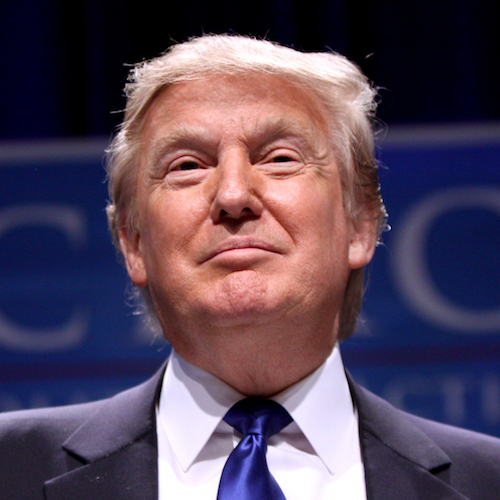Economy
NAFTA Negotiations Drag Past Deadline for US Action This Year

Published:
Last Updated:

Thursday came and went, as it usually does every week, but with one key difference: Thursday, May 17 was an informal deadline set by U.S. House Speaker Paul Ryan as the last chance to get a revised North American Free Trade Agreement (NAFTA) to the Republican-controlled Congress before the November elections occur with their threat of changing the party that controls the U.S. Congress.
The Trump administration, and indeed the president himself, have complained long and loudly about the unfairness of NAFTA to the United States. Trump has sought concessions from NAFTA partners Mexico and Canada on everything from automobile manufacturing to agricultural trade. He has even threatened to withdraw the United States from the agreement, a sort of “Nexit” as it were.
Business leaders are mixed in their reaction to the specifics of the items being negotiated, but there seems to be general agreement that withdrawing from NAFTA would not be in this country’s best interests.
The Business Roundtable, for example, issued the following statement Friday regarding the NAFTA negotiations:
Regardless of whether officials from the U.S., Canada and Mexico can meet specific legislative deadlines, modernizing NAFTA in ways that expand, not restrict trade should be the Administration’s primary objective in these negotiations. A NAFTA 2.0 deal should strengthen intellectual property protection, promote e-commerce and digital trade in goods and services, and streamline customs rules to provide greater market access for businesses of all sizes. Proposals that would weaken investor-state or state-to-state dispute settlement mechanisms, implement overly restrictive rules of origin requirements, institute a sunset clause or curtail government procurement opportunities would create uncertainty for U.S. businesses and should be rejected.
Issuing an intent to withdraw from NAFTA would imperil millions of U.S. jobs and the competitiveness of U.S. companies. Whether or not all three nations can come to an agreement in the coming days or weeks should not drive us away from the goal of preserving and strengthening NAFTA’s benefits to create more economic opportunities for U.S. businesses and workers.
Republican Senators from farm states are warning the president that if he pulls out of NAFTA he could well lose the support of the very states that played a big role in his election. These senators also are concerned with the damage this could cause to Republican control of both houses of Congress.
What’s the reason for the rush? By law, any president who negotiates a free-trade agreement is entitled to an up-or-down, yes-or-no vote in Congress without any amendments to the negotiated agreement provided the president gives the Congress 90-days notice that he intends to sign the bill and that the text of the trade agreement be published 60 days before it is signed. Any deal announced after this week cannot be guaranteed to get a congressional vote before January.
Thank you for reading! Have some feedback for us?
Contact the 24/7 Wall St. editorial team.